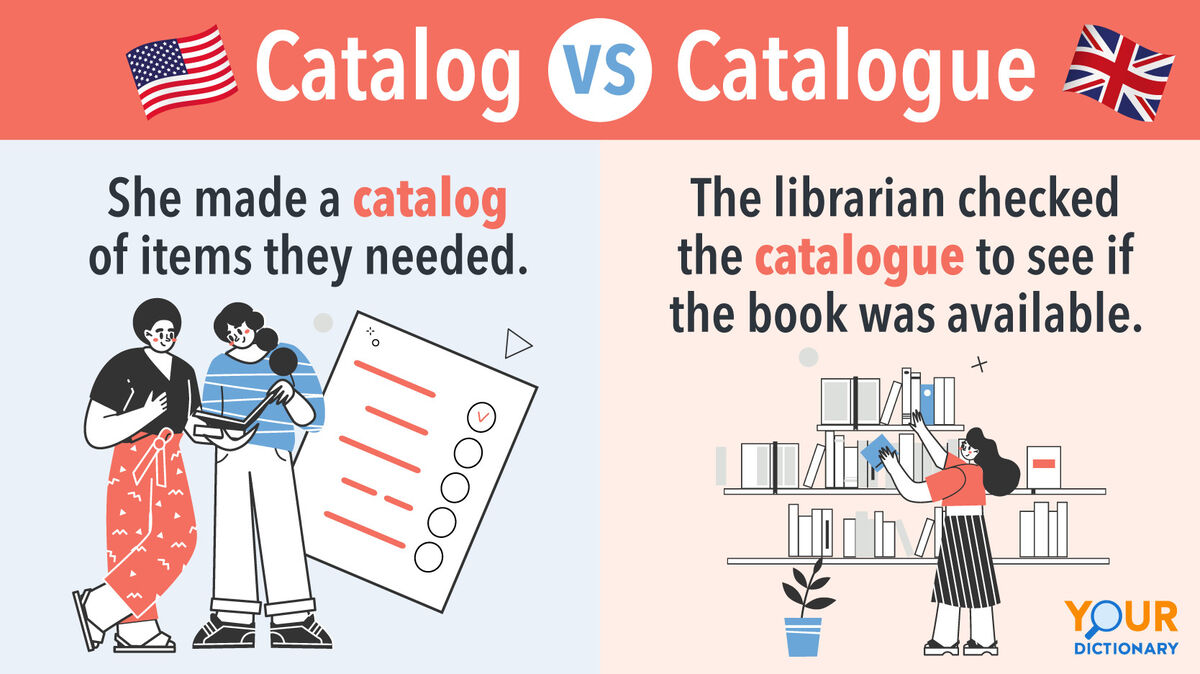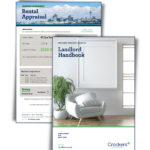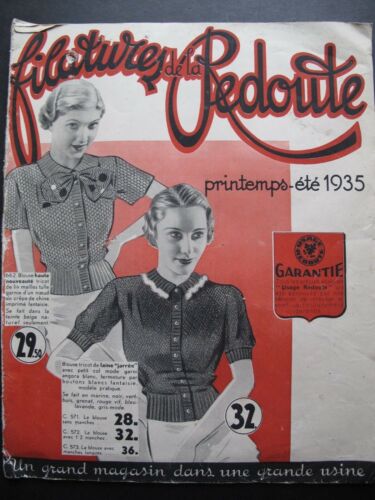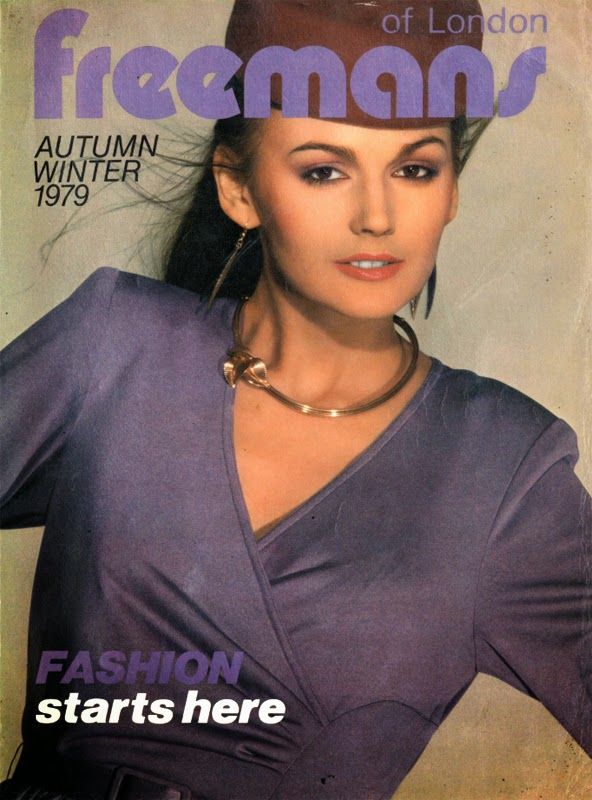Catalogues offer something for every member of the household – be they mums and babies, retirees or corporate powerhouses alike. Order clothes, gifts and other goods online using catalogues; some even allow payments over time through payments made either over the phone or logging into an individual account.
Lookagain’s catalogues UK offer high street fashion and unique trends for women, men and children from high street retailers such as Zara. Additionally, electrical goods, home & leisure products and gardening items are readily available.

Mail order
Mail order marketing, also known as direct marketing, involves selling goods and services directly to consumers by post. A retailer or wholesaler sends out catalogs that customers order either over the phone, by fax, or post. A typical catalogue company typically combines wholesale with retail functions through an agent network; therefore providing shoppers with convenience as well as businesses with convenient distribution systems.
As part of National Mail Order Catalogue Day celebrations, consider raiding grandma’s attic or local charity shops for old catalogues to use for crafts like collage-making or origami creations, as well as turning them into charming cards! Not only is this activity an efficient way to reduce waste while being fun for kids!
Numerous companies used to provide catalogue credit, typically at lower-than-market interest rates on large purchases with flexible repayment terms. Although this arrangement could be beneficial for certain buyers, you should always be wary of its risks before taking out a catalogue loan arrangement. For more information about catalogue loans you should read up on them from Money Advice Service website.
Recent changes at major mail order catalogues have resulted in restructuring. Kay & Co Ltd and Littlewoods were combined into shopdirect group; while Otto Group owns brands such as Great Universal Stores and Marshall Ward; also, Freemans Grattan Holdings was formed to rebrand these catalogs under one name – FGH or Freemans Grattan Holdings.
Catalogues
Catalogues are books that list items for sale and provide details and photos about each product for sale, often alongside descriptions and pictures. Also referred to as listings or books of products, catalogue is generally considered the preferred spelling in many countries. Catalogues provide valuable resources for researchers but can be challenging to search without assistance from librarians or computer programs; some archives even have online versions of their collections available as catalogues.
The Library of Congress houses numerous trade catalogs produced by brassfounding and Sheffield plate manufacturers, as well as others produced by engraved print dealers, Josiah Wedgwood’s ceramic catalogues, an early industrialist’s furniture collection catalogues, as well as items from the Great Exhibition of 1851.
Most archive offices now make some, or all, of their catalogues available electronically to enable users to quickly locate documents they require. These online catalogues can usually be found on archive offices’ websites, sometimes alongside guides or databases that may provide extra help in quickly finding relevant records.
Historically, each collection had its own typed or printed catalogue that could be seen in its respective archive office reading room. Today however, most catalogues can be accessed online; for instance the National Archives provides Discovery which provides central government records both online and physically on site; plus digital copies of some collections’ catalogues, such as Heals and EKCO collections.
Agents
Agents are people authorized to act on behalf of another, known as their principal, in creating legal relationships between the end customer and themselves. Commercial agents enjoy substantial legal protections that do not extend to employees; these protections are set out in the Commercial Agents (Council Directive) Regulations which still apply following Britain’s departure from Europe.
Many different kinds of agents exist today, from self-employed sole traders selling reproductions and ready-framed pictures on behalf of several businesses and artists to national companies offering one-stop shops for printing catalogues, renting exhibition stands etc. Many sales agents expect their artists to contribute financially through advertising costs or mailshots and other forms of support.
The best agencies are those with high customer satisfaction rates. To achieve this goal, these agencies use review websites such as allAgents and Getagent to measure consumer experience with them and to compare agencies among each other.
Payment
Catalogue credit allows buyers to purchase goods from catalogues through mail or online by spreading payments out over weekly or monthly instalments, often known as buying “on account”. Payment periods usually last one or two years. Catalogue retailers generally sell their goods directly or through agents, earning commission from each sale they make.
Catalog debt can quickly spiral out of control. Interest charges, high credit limits and missed payments can quickly add up into unmanageable monthly repayments. If this occurs to you, speak to your catalogue company immediately – chances are they’ll be willing to negotiate an informal agreement that reduces what you owe every month.
If you have been unable to reach an informal agreement with your catalogue company, formal debt solutions like an IVA or bankruptcy may be worth exploring. While these won’t suit every situation, these formal solutions could potentially write off catalogue debts altogether. If unsure which option best fits your situation contact Step Change who offer free debt advice services with their five step process for managing debts.






